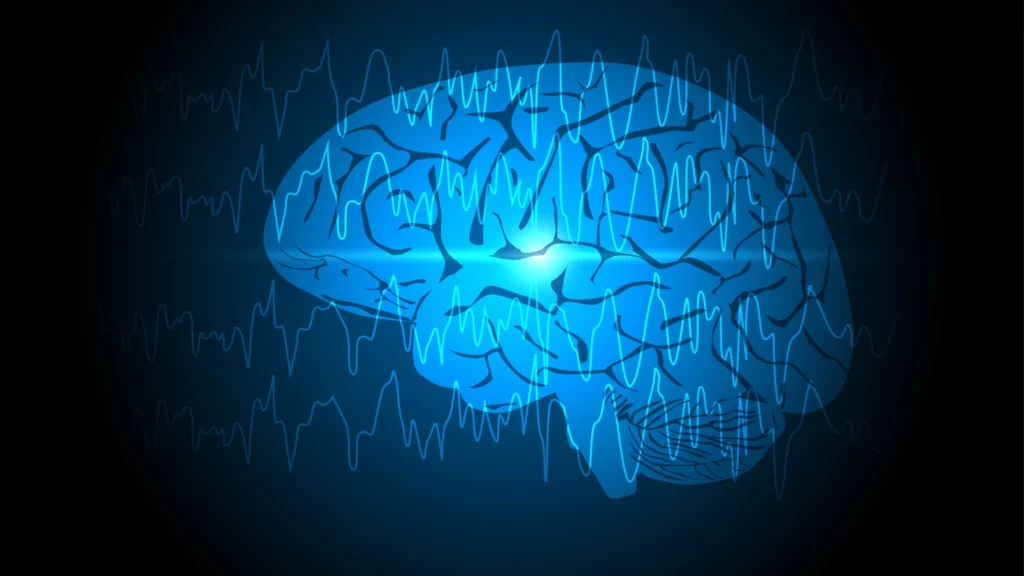Both the person having the seizure and those around them may find them to be unsettling. They essentially cause a brain storm of electrical activity that briefly interferes with regular operation. Understanding all of the current treatment options is essential due to the complexity of seizures, their causes, and types. This covers prescription drugs, complementary therapies, and essential lifestyle adjustments.
Medications
The First Line of Defense in the Treatment of Seizures
The first line of defense in managing and treating seizures is frequently medication. Drugs that are antiepileptic or antiseizure are intended to lessen the frequency and severity of seizures. These drugs work to prevent seizures with a minimum number of side effects, enhancing the quality of life for those who have this condition. But depending on the person’s general health, the kind of seizures they experience, and how they react to medication, different medications work better for different people.
Additionally, the decision to begin seizure treatment is based on a number of variables, such as the likelihood of recurrent seizures and the risk and potential consequences of seizures on a person’s life. It’s crucial to remember that while medication can oftentimes control seizures, it is not a cure and does not address the underlying cause of seizures.
Alternative and Surgical Treatments for Seizures
When medication fails to control seizures, doctors may consider surgical procedures or other forms of treatment. For some people with partial seizures that are uncontrollable by medication, resective surgery is an option. This entails surgically removing the portion of the brain causing the seizures. Surgery, however, is a difficult choice that is typically only taken into account after a thorough evaluation has identified a focal area or particular brain structures that are the source of the seizures, as long as the area to be removed does not control essential functions.
Additionally, non-surgical treatments are accessible. In order to reduce the frequency of seizures, Vagus Nerve Stimulation (VNS) involves implanting a device that sends signals to the brain via the vagus nerve. Additionally, some treatment plans include dietary therapies like the modified Atkins diet or the ketogenic diet.
An Essential Component of Seizure Treatment is Lifestyle Management
The treatment of seizures goes beyond medication and possible surgery. Lifestyle changes are a vital part of comprehensive seizure treatment. These adjustments might involve a balanced diet, regular exercise, enough sleep, and stress reduction. Avoiding things that cause seizures is essential as well.
Self-management abilities are necessary when living with seizures. People must learn to manage stress, take their medications as directed, and steer clear of things that can cause seizures. Regular check-ups and open lines of communication with the medical staff are also imperative.
Treatment of Seizures at Nanavati Max Hospital
It can take some searching to find the best treatment option. We at Nanavati Max Hospital are committed to offering thorough, individualized care because we are aware of this journey. Our skilled team, who is outfitted with the most recent information and tools, is committed to assisting people in managing their condition and raising their quality of life.
Summary
Finally, managing and treating seizures requires a multifaceted approach that includes medications, possible surgical procedures or alternative therapies, and critical lifestyle changes. Since every person’s experience with seizures is distinct, every aspect of their treatment must be considered. In spite of the difficulty, managing seizures is definitely doable, especially with the right support and care, like what you can get at Nanavati Max Hospital.
Seizures don’t have to make life difficult. A person’s life can be enhanced by overcoming their seizures rather than being defined by them with the right treatment plan in place. We are on the verge of a number of promising developments in seizure treatment as science and research continue to advance. For those who deal with seizures, accepting these advancements and maintaining a positive outlook can make all the difference in the world.
